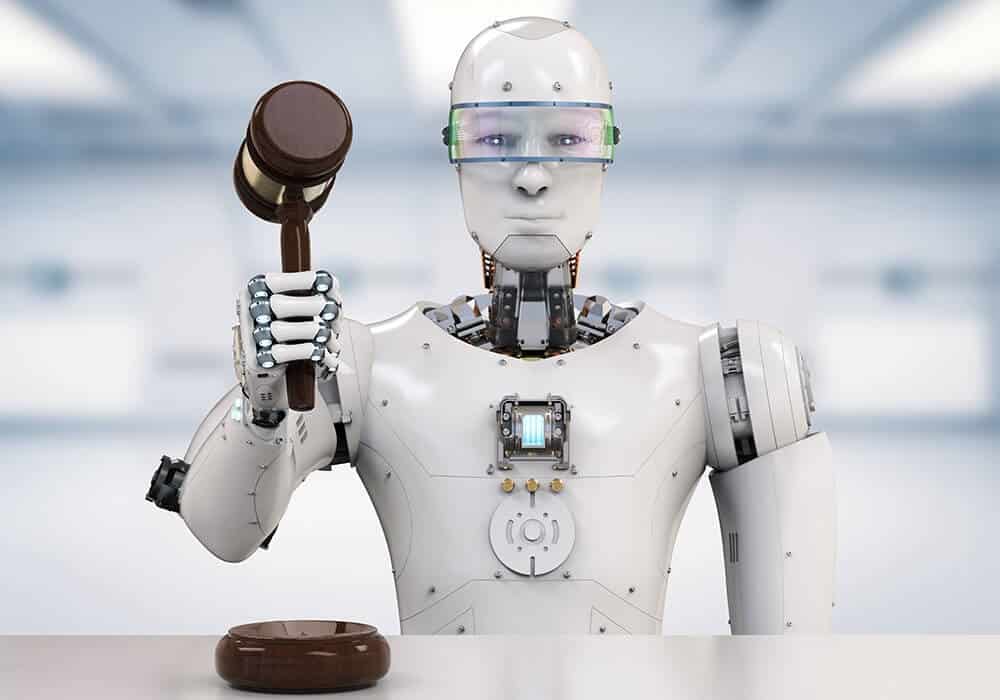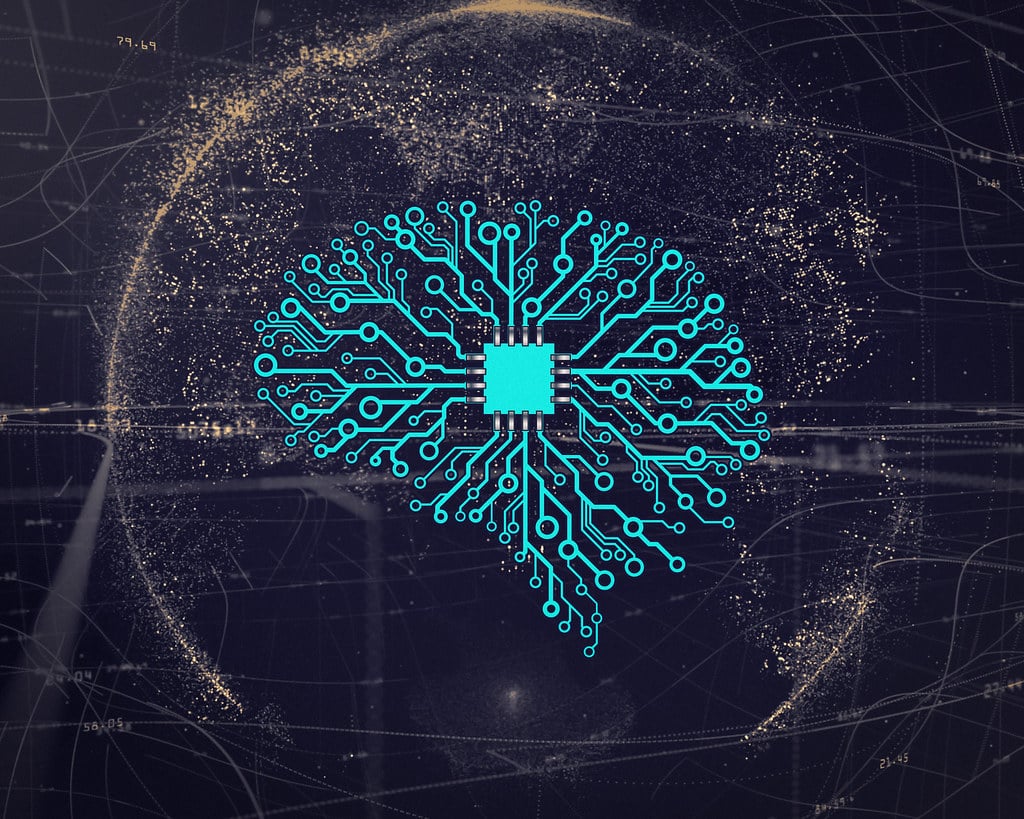Artificial Intelligence is evolving at a great pace. Applications of artificial intelligent systems into various sectors, both private and public is essential for the smooth functioning and to compete in the emerging digital market. Rapid incorporation of AI techniques is opening up a wide range of opportunities. This week’s AI guide focuses on a few of the new applications of artificial intelligence.
Supreme Court to Use Artificial Intelligence for Better Judicial Administration Sharad Aravind Bobde, chief justice of India, said that the apex court has proposed to introduce an artificial intelligence system to ensure better administration and delivery of judicial proceedings. Justice Bobde while talking about the new mobile application that translates Supreme court judgements in more than 9 languages said that application of artificial intelligence into the law translation system will facilitate quality translation and improve the efficiency of the Indian judicial system. However, he further added – “ Justice wing does not want to give the impression that this innovation is ever going to substitute the judges and machines can never replace the specific knowledge of humans and wisdom of judges.”
Alibaba Group’s cloud unit on Wednesday published “core codes” of its Alink platform on GitHub. The range of algorithms that support batch and stream processing are essential to support machine learning tasks such as online product recommendations and superior customer services. Developers and data analysts could tap the codes to build software functions, including statistical analysis, machine learning, real-time prediction, and personalised recommendations.
According to the world health organisation, there were 219 million cases of mosquito-borne disease in 2017 alone. The most common diagnostic test for malaria involves examining a drop of blood under an optical microscope to check for a single-celled parasite that causes sickness. This process can take up to 15 -25 minutes. To speed up the diagnostic process researchers from the United States and Germany have come up with a smart microscope. This microscope can find the ideal LED illumination pattern for rapid and accurate detection of the parasite. It then uses neural networks to classify the resulting image as infected or uninfected. The entire process takes no more than 10 seconds.
According to the world register for Marine species, there are 200,000 species of sea animals that includes 18,000 species of fish. Another report from the United Nations reveals that 89.5% of the world’s fish stock are either fully fished or overfished. Researchers from the University of Victoria, Canada has partnered up with government marine biologists and private remote sensing specialists to develop a system for improved detection and classification of schools of herrings. The research team has come up with a deep learning network for the detection of schools of herrings from echograms that outperform traditional machine learning algorithms on precision. This approach can ensure the sustainability of fisheries production, which is crucial to people’s livelihoods, food security and nutrition.
Suwit Mesinsee, Thailand’s minister of higher education, research and innovation on Wednesday announced at the kidBright developer Conference 2019 that the “Coding at School powered by KidBright has delivered 200,000 AI teaching kits to high schools and colleges across the nation. The project is designed to teach coding and programming to students to familiarise them with the artificial intelligence technology. “Application of AI as a robot teacher in Thai schools is the first step towards the Ministry’s policy to promote Thailand as an AI nation” He added.
If you are an enthusiast of AI and would like to stay updated around the new applications of artificial intelligence. I recommend you to refer to our Artificial Intelligence weekly Guide.






